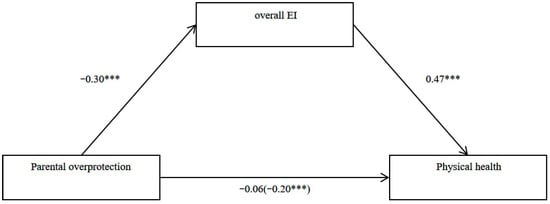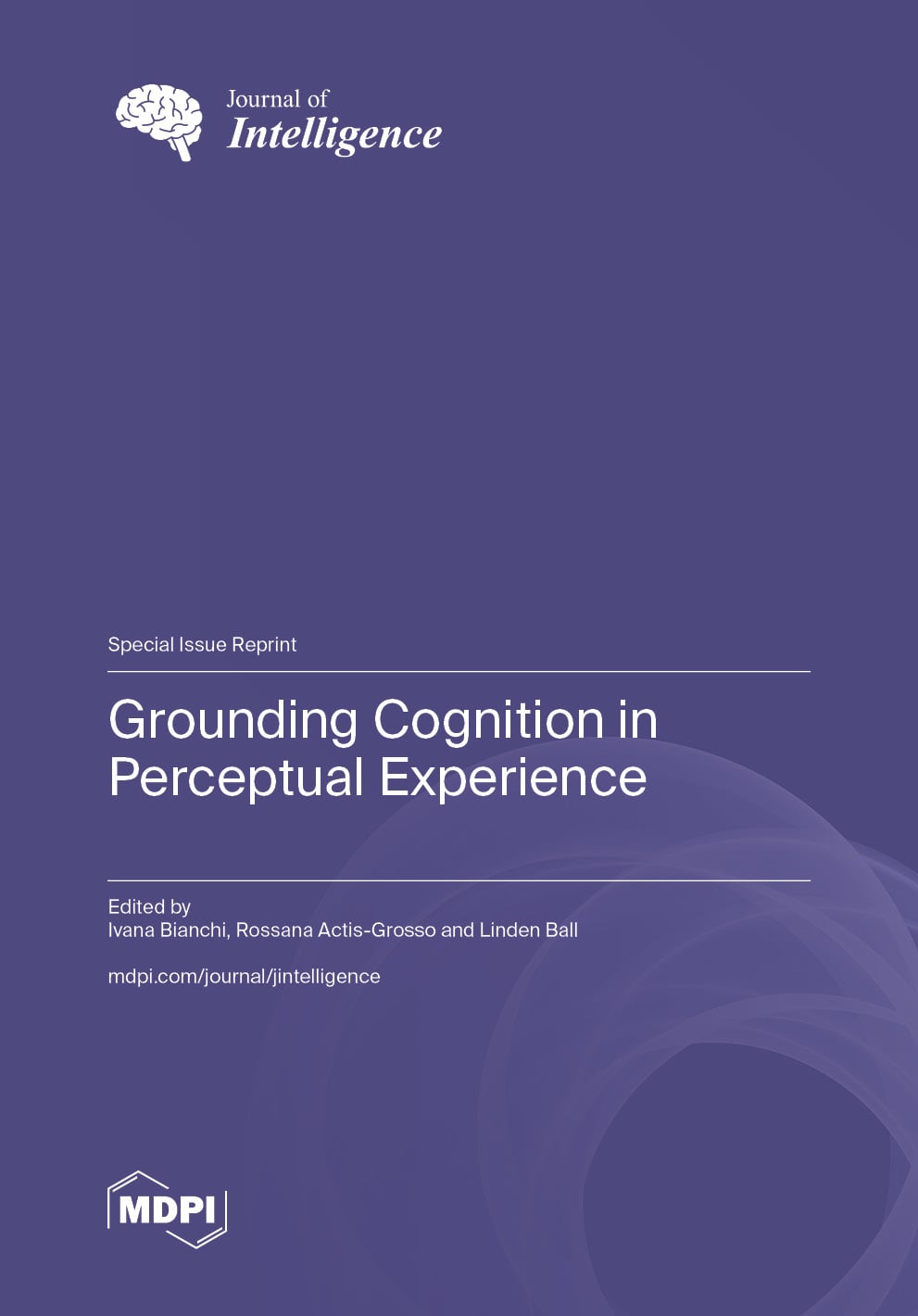- Article
The Mediating Role of Emotional Intelligence in the Relationship Between Parental Overprotection and Offspring’s Physical Health in Adulthood
- Huanhua Lu,
- Yawen Zhao and
- Zaina Jianaer
- + 1 author
Parental overprotection before adulthood can have enduring consequences for offspring, yet the mechanisms underlying its association with adult physical health are not fully understood. This study proposes trait emotional intelligence (trait-EI) as a pivotal mediating factor in this relationship. A sample of 459 university students (mean age = 22.42 years, SD = 1.43; 50.3% female, 49.7% male) completed measures assessing their recalled parental overprotection, trait-EI and physical health. Results from regression and mediation analyses revealed that parental overprotection was significantly negatively associated with both overall trait-EI and physical health. Critically, trait-EI was found to be a significant mediator, indicating that overprotective parenting impedes the development of trait-EI, which in turn translates into poorer health outcomes. Further analysis of the facets of trait-EI demonstrated that the intrapersonal and stress management dimensions were unique contributors to physical health, whereas interpersonal and adaptability skills were not. What’s more, a moderated mediation analysis showed that gender significantly moderated the pathway from parental overprotection to trait-EI, with the negative effect of overprotection on trait-EI being substantially stronger for male than for female offspring. These findings underscore the role of trait-EI as a central psychological mechanism translating early parenting experiences into long-term physical health and point to the need for gender-sensitive approaches in preventive health interventions.
22 December 2025




